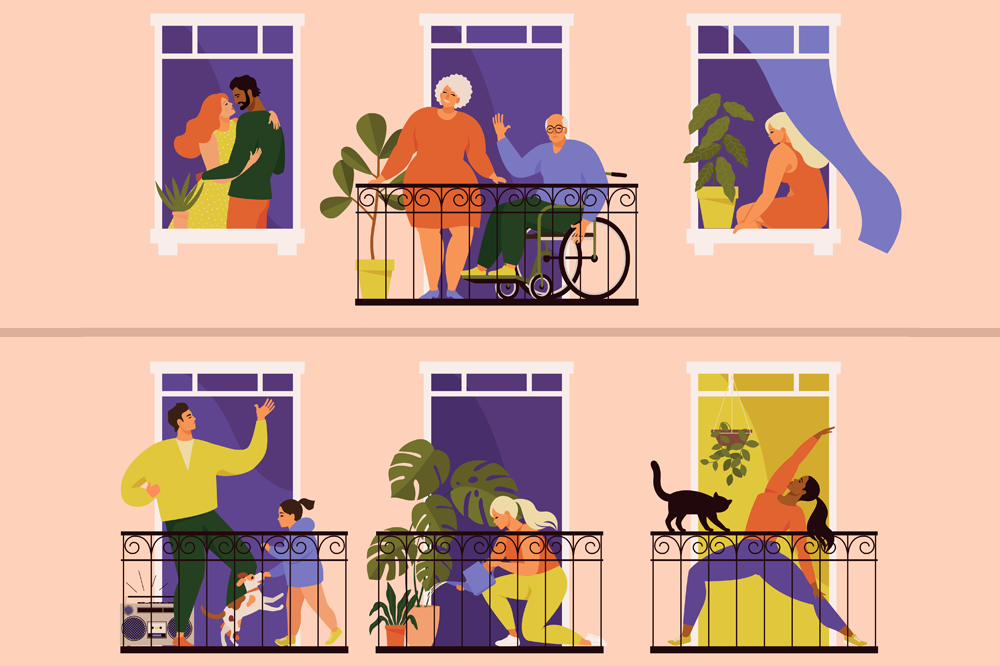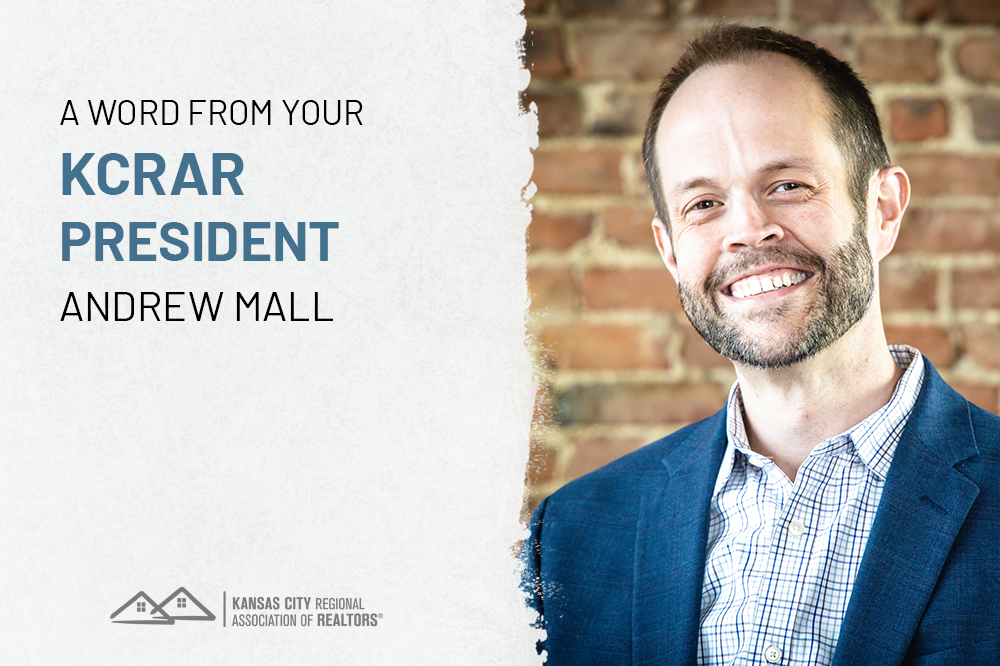
By Chung-Mai Tseng
As an Asian woman who immigrated to the United States in 1975, the acts of hate-motivated violence toward Asians in recent years make me sad. These acts are quite different than what I have experienced in my 48 years in the United States. My past experiences are that the American people are kind, caring, and friendly. This was especially true when I became gravely ill with COVID-19 in early January 2021. I was in the Intensive Care Unit for 50 days, during which time I was showered with Get Well Cards, banners, flowers, and gifts. Since discharge, I have had countless visits from friends, neighbors, and colleagues.
In response, I want to do something to bridge the gap between the people I know who have shown me kindness and those I do not know who would do me and other Asian people harm. It is an exercise in “East meets West” and “West meets East” to promote understanding and decrease misinformation. The goal is to work together toward creating a “melting pot” of cultures for a happier world.
Beliefs, Traditions and Superstitions
Favorable and Unfavorable Numbers
In Eastern cultures, the numbers 888 usually mean “triple fortune” in wealth and spiritual enlightenment. This is considered particularly lucky.
In Western cultures, the numbers 777 are considered lucky.
In the East, the number 4 is unlucky because it is a homophone for the word “death.” Therefore, most elevators have no fourth floor.
In the West, thirteen is unlucky and similarly some elevators lack a thirteenth-floor designation.
Family Matters
Weddings
In Eastern cultures many times the groom’s family makes the arrangements and pays for the wedding, the car, and the house.
In the West, traditionally the bride’s family makes arrangements and pays for the wedding.
Couples Finances
In the East, it is most common for the couple to have combined financial accounts.
In the West, many times couples have separate financial accounts.
After birth of a baby
In Eastern cultures, it is expected that the mother will not leave the home with the baby during the first month of life. The purpose is for the mother to focus on her own and the baby’s nutrition to avoid long term potential problems. Other family members are expected to help willingly and dutifully.
In the West, there is no stigma if the mother leaves the home during the first month of her baby’s life.
Grandparents’ duty in Babysitting
In the East, grandparents take pride and joy in helping to raise their grandchildren over the course of their childhood so that the parents can work. Many times, they live in their children’s homes, becoming a multigenerational family.
In Western cultures, the grandparents frequently live separately and help to babysit as needed.
Parent’s responsibilities in education
In the East, parents have a greater role in helping their children with their homework and pay remarkably close attention to their children’s grades.
In the West there is more parental emphasis on life experiences and independence in self-care for their children.
Adoption
Child adoption is uncommon in the East.
Child adoption is accepted in the West and commonly seen.
Respect elderly
Most of the elderly live with their children in a multigenerational family in the East.
In the West, the elderly makes their own arrangements which can include independent living, assisted living or a nursing home.
Emphases in raising children
In the East, children are expected to obey and respect their parents, the elderly and those in authority without question. With time, obedience and respect comes automatically to them.
In the West, parents are more likely to accept individualism from their children.
Activities of Daily Living
General greeting
In the East, people greet each other first thing in the morning with, “Have you had enough to eat?” Then they wait for an answer.
In the West, the greeting is commonly, “How are you?” but they seldom wait for an answer.
Cooking
In the East, cooks go with their experience freely adding or changing a dish. Therefore, no two dishes are the same.
In the West, recipes are followed more intensively using measuring spoons or cups.
Daily living
In the East, most people bathe/shower in the evening before bed.
In the West, most people shower early in the morning before going to work.
Jobs
In the East, there is more emphasis in stable income of jobs.
In the West, there is more emphasis on job satisfaction.
Entering a meeting room/class
When a person from an Eastern culture enters a meeting room, they are quiet and take care not to disturb the meeting.
In the West, a person entering a meeting room commonly announces their presence by greeting everyone.
In saving habits
In the East, financial saving is practiced from an early age with the goal of avoiding poverty. They avoid debt and keep a low balance or pay off credit cards monthly.
In the West, lack of savings and high credit card balances are more common.
General languages
Eastern languages use three tenses or less.
The English language has twelve tenses.
Social and Political
In gifting
In the East, popular practice is to give a gift of money in a red envelope. Otherwise, gifts are practical without an emphasis on the wrapping or card. It is impolite for the recipient to open the gift in front of the giver.
In the West, it is more common to give a gift that is memorable and something they are not likely to buy for themselves like flowers or wine. Gifts are presented with beautiful wrapping and a nice card. The preference is to open the gift in front of the giver.
In praising
People in Eastern cultures find it easier to praise others and are reserved in their self-praise. They humbly accept praise from others.
Western people are more open with praise for others and proudly accept praise for themselves.
In health information
In the East, health information may be withheld by the family from the younger or elderly patient to avoid unnecessary worry.
In the West, the patient is openly involved in health information from the very beginning.
Eastern cultures keep personal information to themselves.
Western cultures share personal information with friends.
In political opinions
In the East, political opinions are kept private.
In the West, there is often open debate on political opinions.
Summary and Conclusions
I feel personal responsibility to assist with world harmony, since I have lived in American for the last 48 years. Even though these are generalized observations, which may not apply all the cases, I want to help as much as possible in world peace.



Lin Van Meter • March 10, 2023 at 3:15 pm
Very interesting… I see several we in the West should take from the East…in money, savings, and respect in particular.